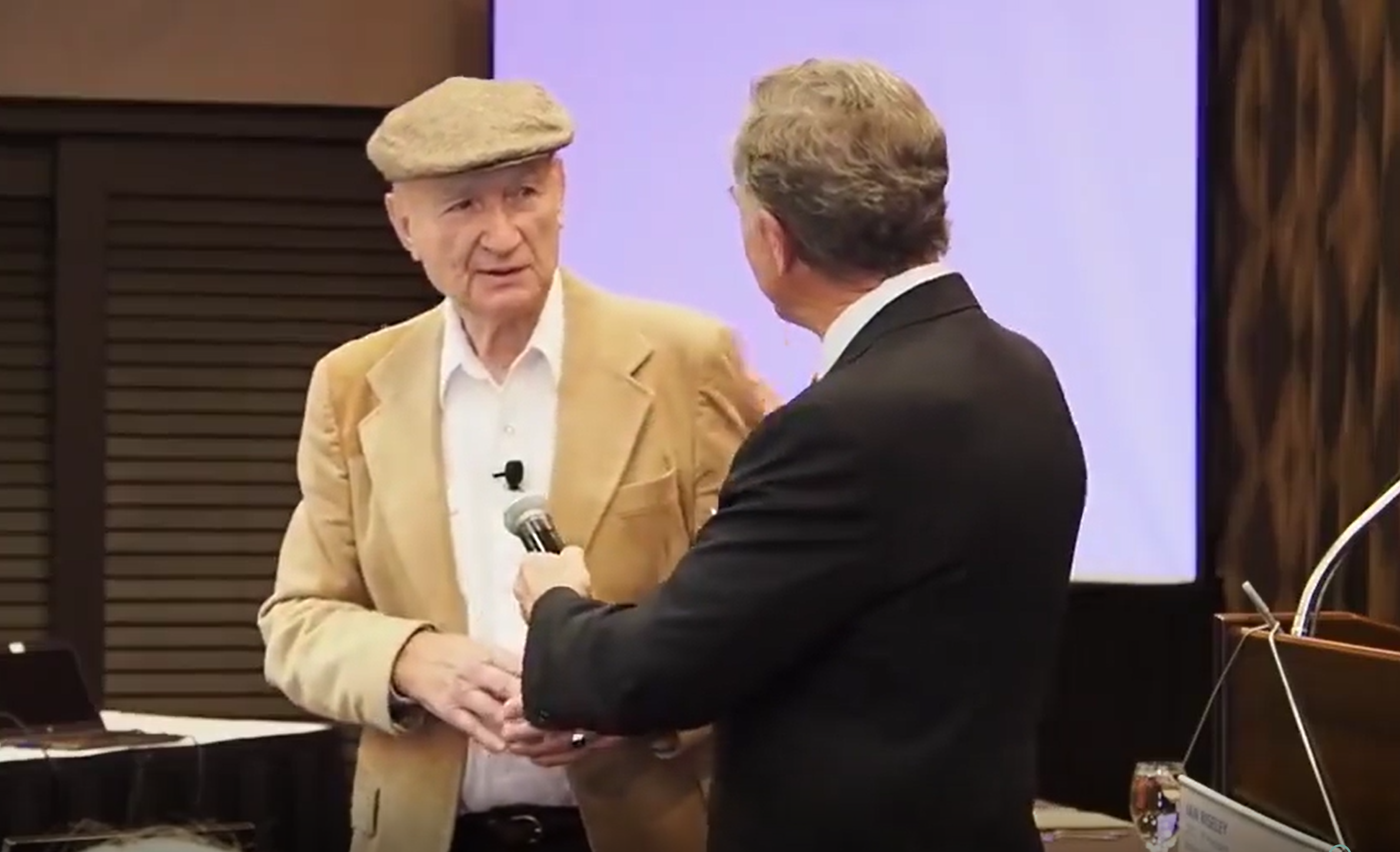
AvailabLE NOW
order today!
The Remarkable Life Story Of Mitka Kalinski, Who Survived Seven Years Of Enslavement—While Still A Child—To A Nazi Officer During And After World War II
Mitka Kalinski had never revealed his past to anyone. Not even to his wife or his four children.
But in 1981, three decades after it had all ended, Mitka finally broke his silence about the horrors he had endured during the Holocaust and in the years immediately afterward: not only German concentration camps and sadistic medical experiments but also seven years of enslavement in the household of a Nazi officer, “Iron” Gustav Dörr.
Having been orphaned before the war, Mitka did not know his origins or even his name. Torture, slavery, and a false name stripped him of his identity entirely. Thus, when he immigrated to the United States in 1951, Mitka seized the opportunity to bury his past and forge a new life. He lived the American life in all its fullness and moved to Nevada with his beloved wife, Adrienne, and their children. But the secret he carried became an increasingly heavy burden, preventing wholeness and healing.
This is Mitka’s account of facing the past, confronting his captors, connecting with lost relatives, and finding peace in the rediscovery of his origins. For Mitka, this also meant reclaiming his Jewish heritage—a journey that gave him a new sense of purpose and freedom from the lingering effects of trauma that had filled his life to that point. By the end, Mitka’s Secret is less a story of survival and more one of redemption and transformation—from hidden suffering to abundant joy.
READ THE LATEST BLOG.

Meet Mitka.
From a dark past...
When Mitka awoke on his first morning in Rotenburg an der Fulda, ten days before Christmas, he might have seen houses festooned with garlands, windowpanes glinting in firelight. The pastoral village, however, would become nightmarish for Mitka over the course of his seven-year enslavement.
That winter morning in 1942, Mitka wore pants held up by string, a shirt, and rags tied around his feet. He believes he must have received other clothes as he grew, but looking back, he remembers none until 1945.
Mitka had been inexplicably saved from the concentration camps by a Nazi officer but was forced to a life of servitude. His identity stripped from him, he worked long, hard hours on the German farm. He was fed pig slop and was banished every night to a bare room with barred windows.
He would be kept there for years after the war was over—until 1949. He had little reason for hope, except for an unknown voice he heard one day that told him:
Am Ende findest du dein Ziel—“In the end you will find your purpose."
Levi Allan Photography
...Into A Bright Future
The Jewish orphan, so often in the line of Hitler’s homicidal intentions, had survived. The prisoner, little Mitka, had left the camps alive—broken, but alive. The Nazis had taken his family, his faith, his name, and his freedom.
But every one of these things he reclaimed. His name is Mitka, and he is proud to be Jewish—he has even seen some of his children embrace Judaism. What the locust had eaten had been restored.
Mitka is an unabashedly cheerful man, a man who loves, who seeks no revenge, who trusts, who delights in the moment, who embraces truth, and who trudges forward expecting to find answers to mysteries yet unsolved.
But he is also a man who lives with an ache in his heart, a man who manages his lifetime of trauma, in part, by telling and retelling all that happened to him.
The man with reasons to hate chose love. He refused bitterness and found happiness. He, the victim, rejected victimhood. The grace he received became the grace he gave.
SEE WHERE ELSE MITKA HAS BEEN FEATURED.




















